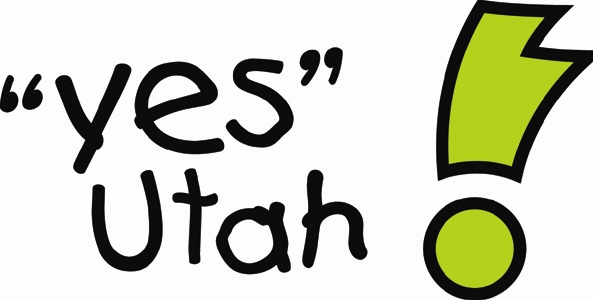Alex McDonald is with Intermountain Donor Services and explains some of the ease in the process.
To be or not to be,” this famous line from Shakespeare’s Hamlet may be the question in the mind of some Utahns who know organ donation can lead to some great things, and yet, they still haven’t made the decision to donate. They may even know someone who is on the transplant list, but they have some questions and are not sure where to get the answers. One of the first places to check is the Utah Donor Registry website www.yesutah.org. This website answers the most common concerns people face when making a decision regarding organ donation.
Many people assume they cannot be a donor because of something related to their own health. There are very few medical conditions that would prevent someone from becoming an organ donor. Things like high blood pressure or diabetes do not prevent organ donation. You can even be an organ donor if you are unable to donate blood.
Another common concern is whether or not the medical staff will try as hard to save a life if they know that person is on the donor registry. The number one priority for hospital staff is to save the life of their patient. Every effort is made to treat the patient before the option of organ donation is considered. The treating physician does not have access to the donor registry, so they have no way of knowing whether or not you are registered as an organ donor, nor do they have access to the list of people waiting for a transplant.
Most religions support and consider donation an act of charity. The United Network of Organ Sharing (UNOS) has compiled a list of statements from major religions regarding donation. A link to this information can be found under Donation Facts on the Yes Utah website referenced above.
The need for transplant affects people of all ages from small babies to grandparents. An adult kidney can be transplanted successfully in a child. This is good news for a parent who is lucky enough to be a genetic match for their child. If this is not the case, the child will either need to receive a kidney from a deceased donor or from another living donor. The Good Samaritan Kidney Donation Program allows an individual can donate a kidney to a stranger on the waiting list. More information about living kidney donation can also be found on the above referenced website as well as a number to call for more information.
There is an ongoing need for education about donation. To help with this effort, you can donate $2.00 when you renew your driver license, state ID card, or register a motor vehicle. This money will then be used to further educate the public about the importance of organ, eye and tissue donation.
Right now there are 103,000 people on the national waiting list. Picture every man, woman, and child in Provo as being on the waiting list and you get an idea of how important an issue this is.
Finally, talk about donation. Tell your family and friends that you are signed up on the donor registry. Encourage them to make that important decision.
To register or get more information, go to www.yesutah.org.















Add comment